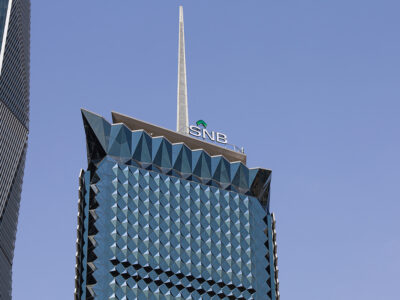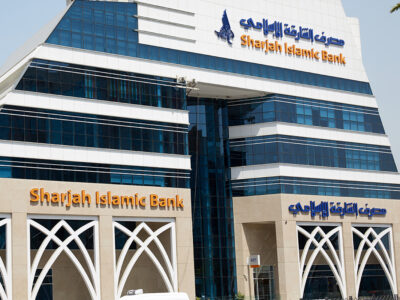Islamic fund manager
KFH Asset Management will launch a $300 million fund to invest
in consumer, healthcare and education businesses by end 2012,
its private equity head said on Monday.
KFH Asset Management, a subsidiary of the Malaysian unit of
Kuwait Finance House , would raise money from Gulf
investors for the fund which would also invest in waste
management and light manufacturing companies, Lew Oon Yew said.
Generally the deal flow is still very strong,” he said.
He said KFH Asset Management also hoped to attract investors
from Singapore and Japan, diversifying its investor base from
the current Kuwait, Malaysia and Brunei funds.
The new fund would look to invest in businesses in Malaysia,
Singapore, Thailand, Vietnam, Indonesia and China, he said.
“(In) Indonesia, we need to build up a stronger local
presence for us to get a more robust deal flow out of the
market,” Lew said.
“The market is still very much controlled by big families
and in order to penetrate the market, we have to get good local
partners. That’s something we’ve been working on for the last
two years.”
The new fund would invest in companies with enterprise value
of about $100 million, larger than the businesses previously
invested in, he said.
It had previously made private equity investments in the
education, food and beverage, light manufacturing and retail and
distribution industries.
The Al Faiz Fund 1 Limited, which is managed by KFH Asset
Management and Kuwait’s Al Aman , bought a 24.9 percent
stake in Singapore’s Pacific Healthcare Holdings in
2009.
Lew said more private equity deals were expected to emerge
in the region this year, as companies which had held back on
raising capital return to the market although ample liquidity
would increase competition for deals.
The Islamic private equity market was worth about $3 billion
in 2009, compared to $2.2 trillion for global private equity.
Sharia-compliant private equity has taken a hit in the Gulf,
after a crash in real estate markets burnt investments.
Many Gulf investors are looking to Asian assets, with
property markets seen likely to make a slow recovery. A Reuters
poll in October had forecast that Dubai house prices would sink
another 11 percent before troughing in 2012 despite already
having crashed 58 percent from their 2008 peak.








